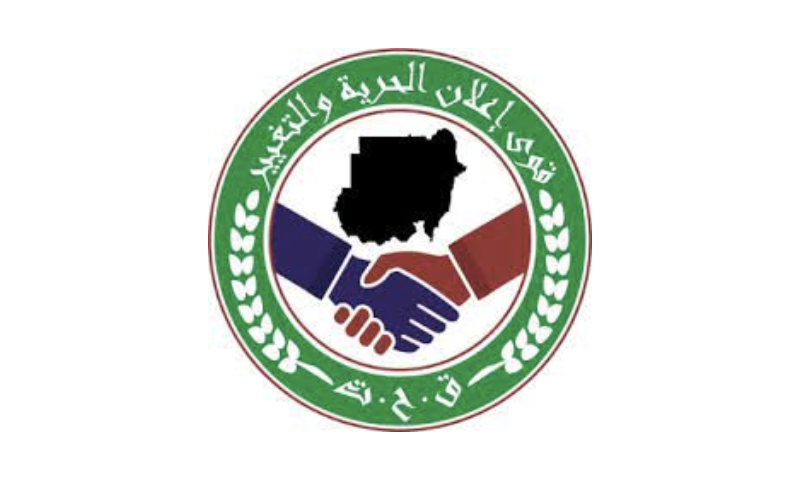Ehud Yaari
The Washington Institute for Near East Policy, Apr. 21, 2023
“A handful of Sudanese civilian delegations have visited Israel, but these quiet, infrequent trips are dwarfed in number by the high-ranking military delegations that have arrived on semi-secret missions to seek assistance.”
When fighting broke out between rival generals in Sudan earlier this month, one of its many ripple effects was the potential upending of understandings reached with Israel. Previously, the two countries had been on a path to sign a comprehensive peace agreement sometime later this year in Washington, to be followed by the exchange of ambassadors and the conclusion of protocols for cooperation in various fields—from developing Sudan’s vast agricultural potential to upgrading its health services and initiating trade relations.
This process represented the culmination of declarations and agreements reached in 2020-21 regarding normalization between the two countries and Sudan’s participation in the Abraham Accords. The United States played a major role in those efforts by rescinding Sudan’s designation as a state sponsor of terrorism, lifting the associated sanctions, and extending financial aid.
According to Israeli officials, the final text of the peace agreement was drafted months ago with input from Washington and informally approved during Foreign Minister Eli Cohen’s February visit to Khartoum, though Sudanese authorities have refrained from confirming that negotiations reached this stage. At any rate, a formal signing was predicated on several preliminary steps: completing U.S. and international mediation between the military and the loose coalition of factions called the “Forces of Freedom and Change” (FFC), forming an interim civilian government in Khartoum, and holding general elections, after which the armed forces were expected to retreat from the political scene and a new parliament would ratify the agreement with Israel. The United States has long seen democratization in Sudan as a key objective, in part to help ease Khartoum’s tensions with neighboring countries and protect the vital Red Sea corridor. … [To read the full article, click here]


